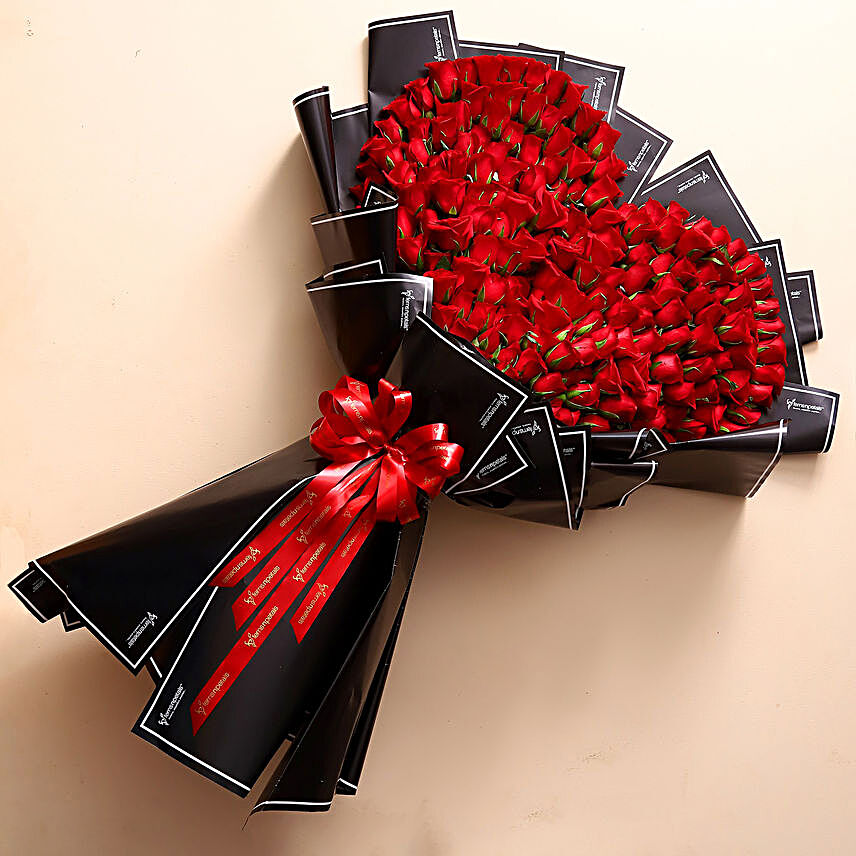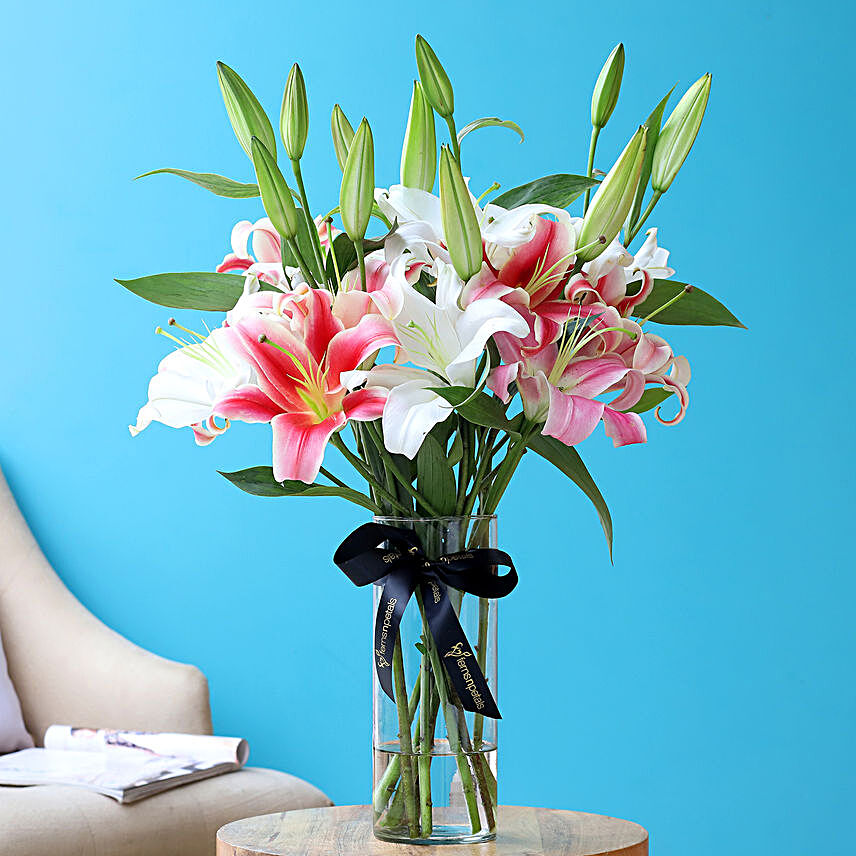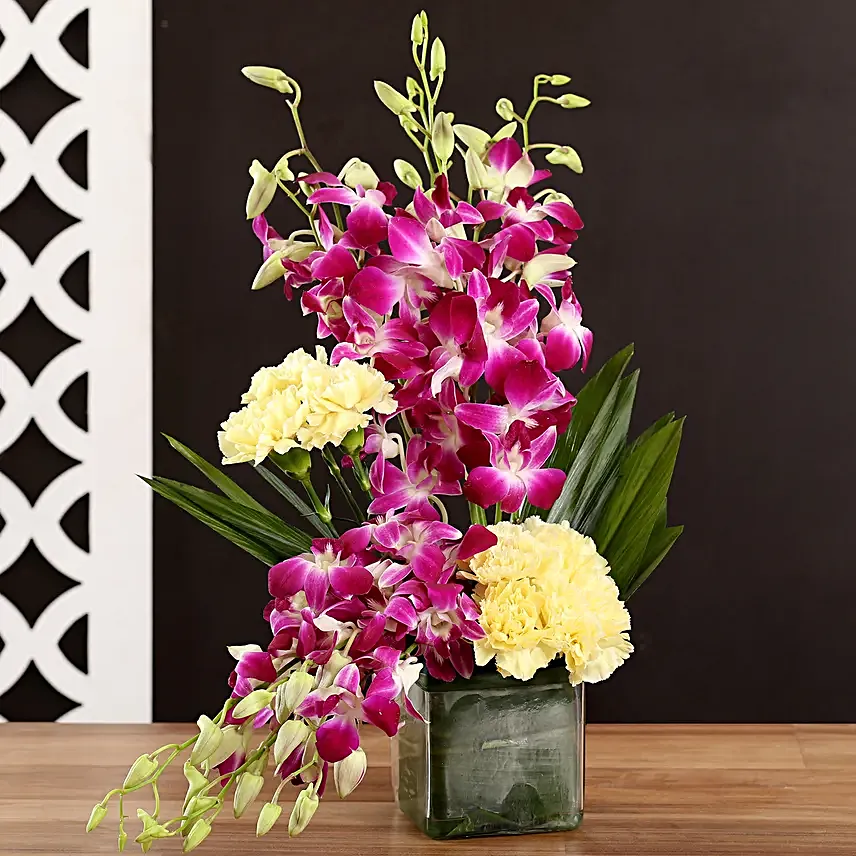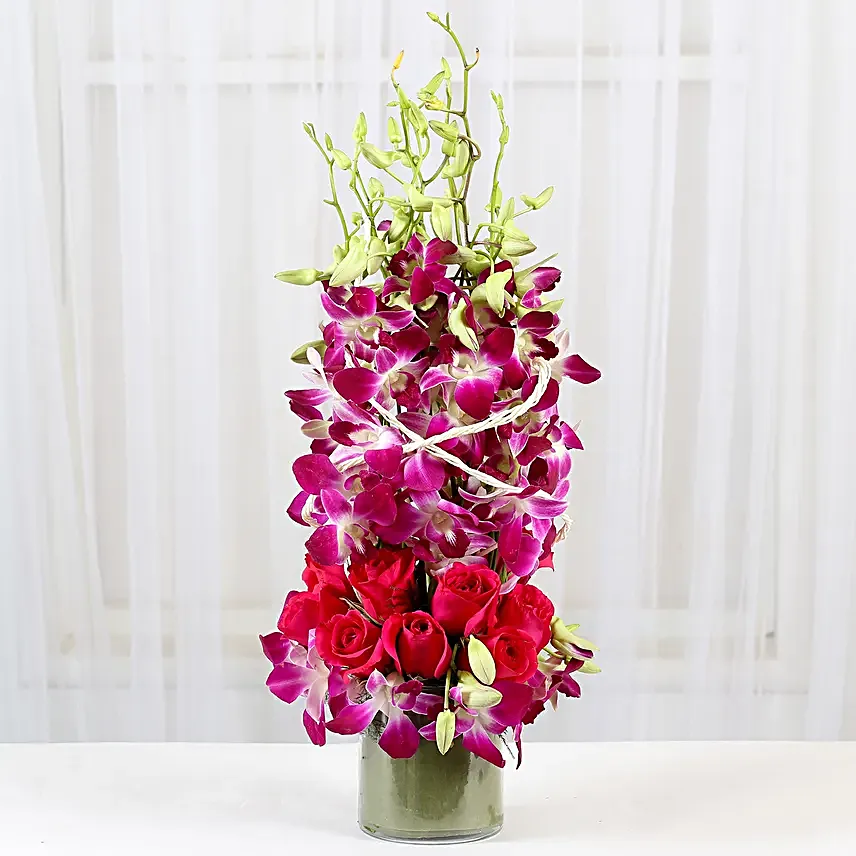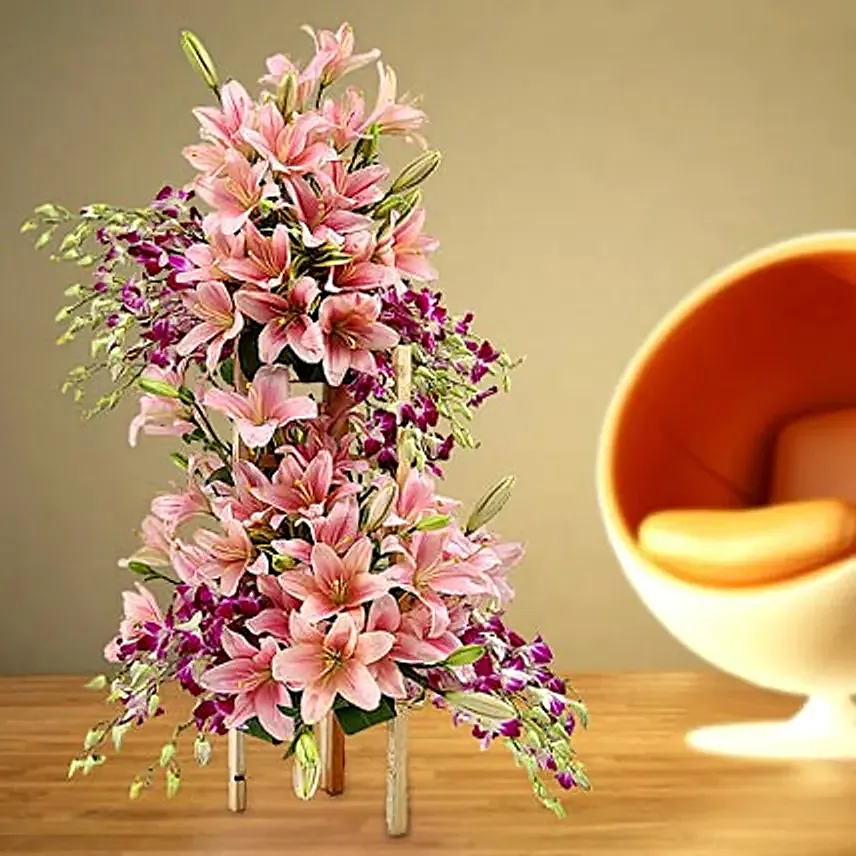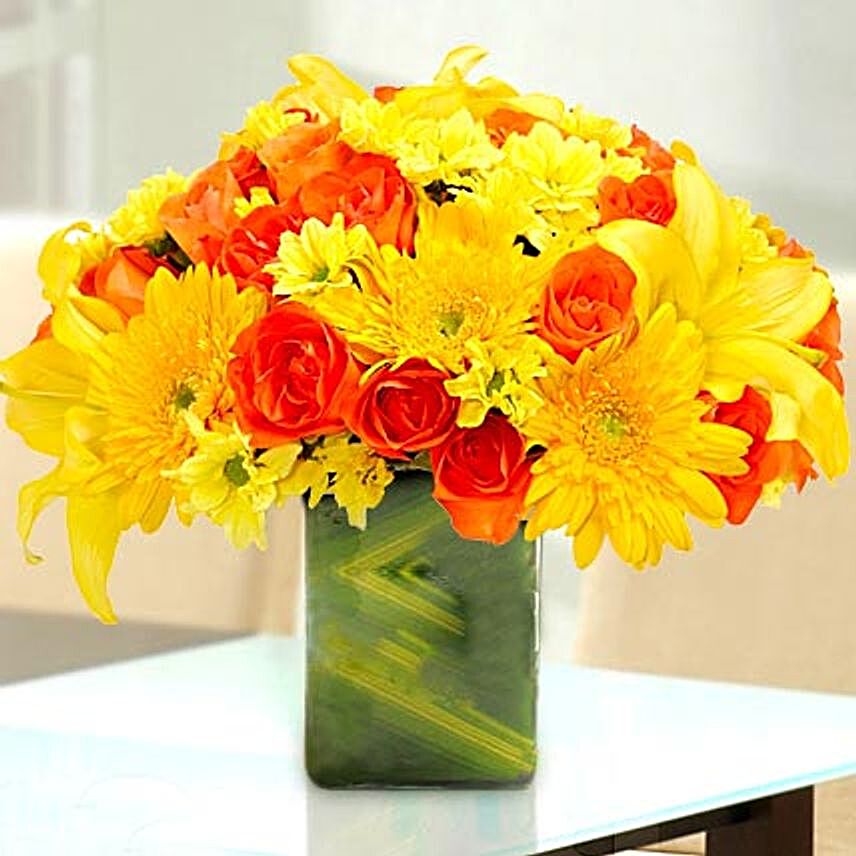6 Common Flowers Associated with Hindu Festivals
- Author: Kirti Published: 18th Nov, 2022
We all use flowers to commemorate different Hindu festivals. From decorations to main rituals, flowers are considered an essential element. But even though we use all kinds of flowers to please our Gods and Goddesses, a few hold more importance than others. So let’s explore the world of mythology and know about 6 common flowers that are associated with Hindu festivals -
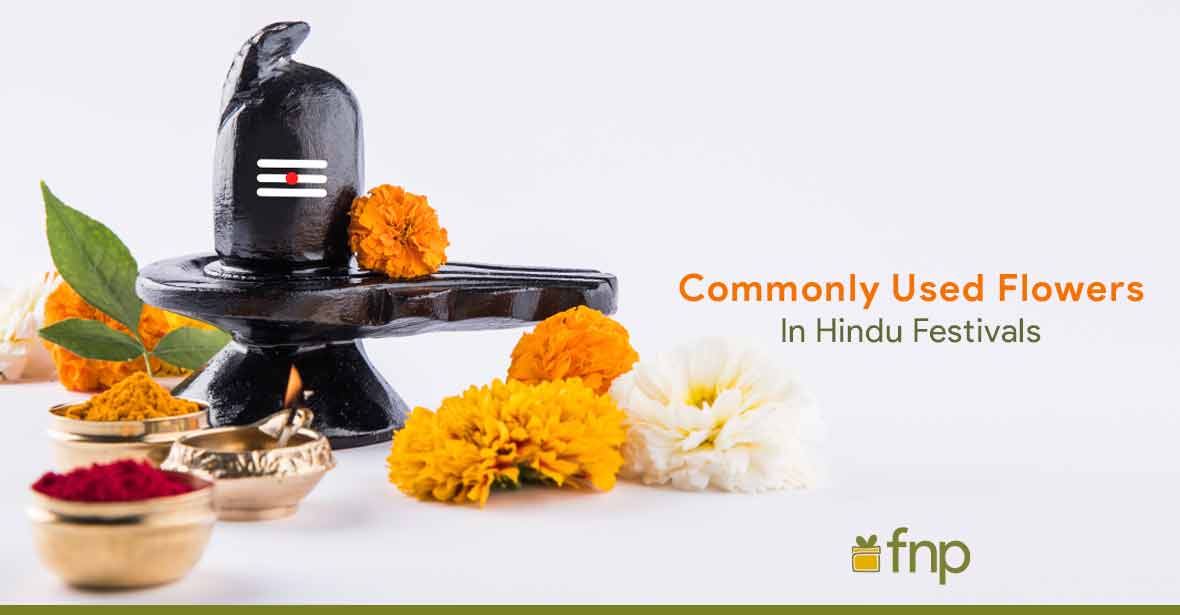
Hell’s bells (Datura)
According to the Hindu stories of Vamana Purana, datura emerged from Lord Shiva's breast after he swallowed the poisons of all Lords that had come out of the ocean. Since then, datura has been known as Lord Shiva's favourite flower. So, whenever we worship Lord Shiva on Shivratri, we always offer the hell’s bells to cleanse the poison of ego, competition, jealousy and wrath.
Red Hibiscus
This enticing and gorgeous deep red flower is offered to Goddess Durga and her avatars. It's because the red hibiscus colour portrays the fierceness, love, and passion of Goddess Durga. During Navratri, Goddess Durga is decorated and revered with red Hibiscus flowers. Not only on Navratri but red hibiscus is also offered on Ganesh Chaturthi as it is among his favourite flowers.
Lotus
We all know that Laxmi (the Goddess of wealth and prosperity) sits on a lotus flower and thus, it's her favourite flower. However, Goddess Durga is not the only one who is mesmerised by the beauty of the lotus. Lord Surya and Lord Rama are also associated with the flower as it is a symbol of purity and strength. This is why the Lotus flower is offered to Goddess Laxmi (on Diwali and Laxmi pooja), Lord Surya (on Ratha Saptami) and Lord Rama (on his birthday aka Chaitra Navaratri).
Marigold
All red flowers are sacred to Lord Ganesha, but his favourite is the saffron-yellow coloured bloom known as the Marigold. It is believed that Genda aka the Marigold flower satisfies the Vinayaka tremendously because it is the only flower that is rich in petals. Therefore, marigold is commonly used during Diwali and Ganesh Chaturthi.
Jasmine
Although Jasmine blossoms are known for their smell and medicinal powers, they also possess religious significance in addition to being Lord Hanuman's favourite flower. Lord Hanuman adores Jasmine, which is why offering Jasmine oil to Lord Hanuman on his birthday or Hanuman Jayanti is considered holy and helpful in removing evil from life.
Parijata
Also referred to as Lord Vishnu’s flower, Parijata flowers are considered to be heavenly. This flower is said to be Lord Vishnu's and Lord Krishna's favourite. According to Hindu mythology, Lord Indra brought this tree to heaven to please the Gods. Later, the Parijata flower tree was brought from heaven by Lord Krishna himself to maintain peace between his two wives Satyabhama and Rukmini. So, whenever Janmashtami or Rama Ekadashi is celebrated, Parijata will be there to please the Gods.
